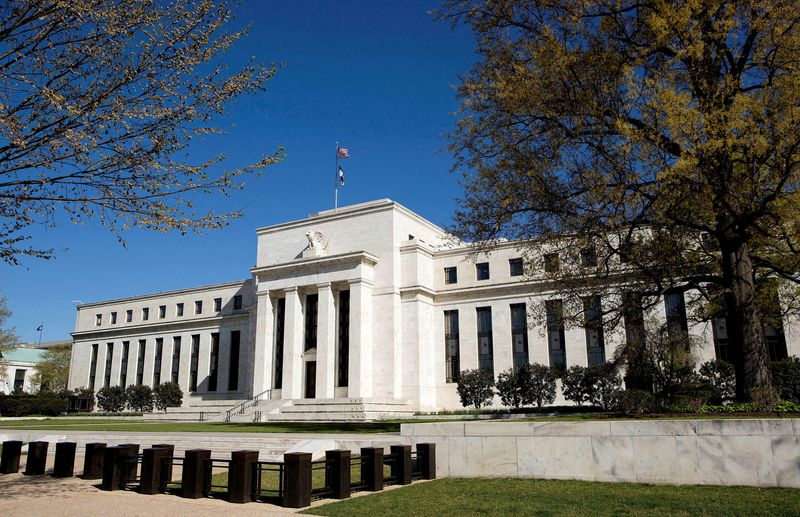Fed’s policy patience warranted amid still-high inflation, Collins says
2024.06.18 12:48
By Michael S. Derby
(Reuters) – Boston Federal Reserve President Susan Collins on Tuesday cautioned against getting carried away with recent inflation data that suggested price pressures may again be retreating back to the U.S. central bank’s goal.
“It is too soon to determine whether inflation is durably on a path back to the 2% target,” Collins said in the text of a speech to a group in Lawrence, Massachusetts. “We should not over-react to a month or two of promising news, just as it was not appropriate to take too much (of a) signal from the disappointing data at the beginning of this year,” she said.
Collins, who does not currently hold a vote on the central bank’s rate-setting Federal Open Market Committee, also said now is not the time for the Fed to cut interest rates, as it needs to see more evidence price pressures are easing before such a move.
“The appropriate approach to monetary policy continues to require patience, providing time for a methodical and holistic assessment of the evolving constellation of available data,” Collins said.
That said, Collins believes the economy is likely on the right track.
“I remain a realistic optimist – optimistic that we can restore price stability in a reasonable amount of time amid a labor market that remains healthy, while realistic about the risks and uncertainties to that outlook,” she said.

Collins’ remarks were her first public remarks since the Fed’s policy meeting last week, when it maintained its policy rate in the 5.25%-5.50% range. Fed policymakers also penciled in one rate cut this year, down from the three cuts that were estimated in March, due to higher-than-expected inflation over the start of the year. But recent inflation data has again started retreating, opening the door to an easing later in the year.
Collins said that overall the Fed has made “significant progress” lowering inflation. She added that recent inflation data has been “encouraging,” and noted “the data suggest an economy with demand and supply coming into better balance, as required to restore price stability,” while warning “this process may just take more time than previously thought.”








